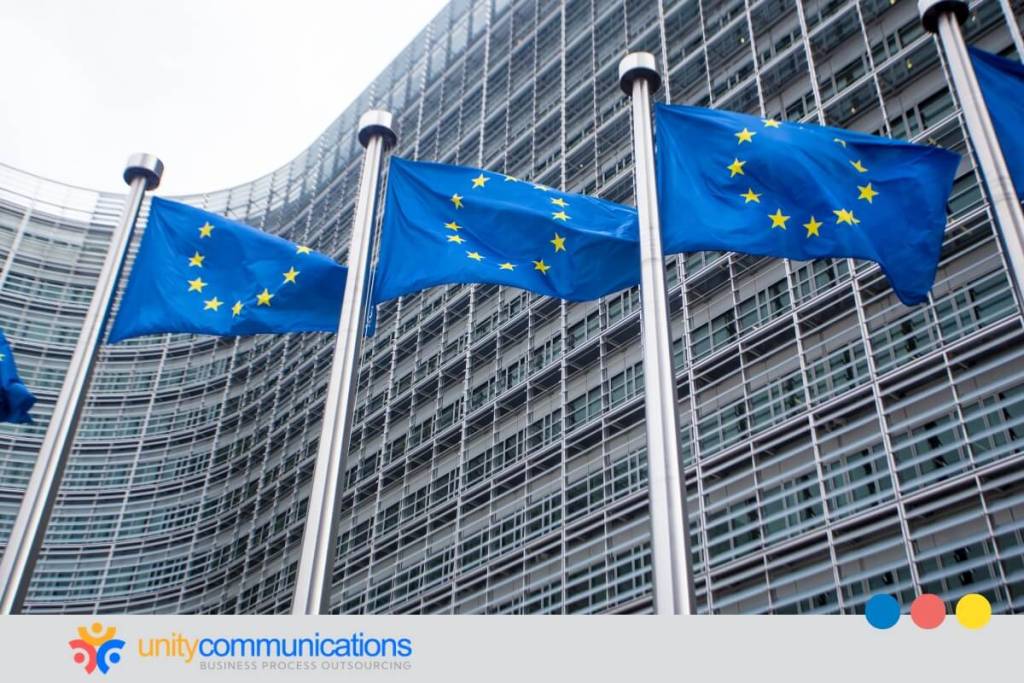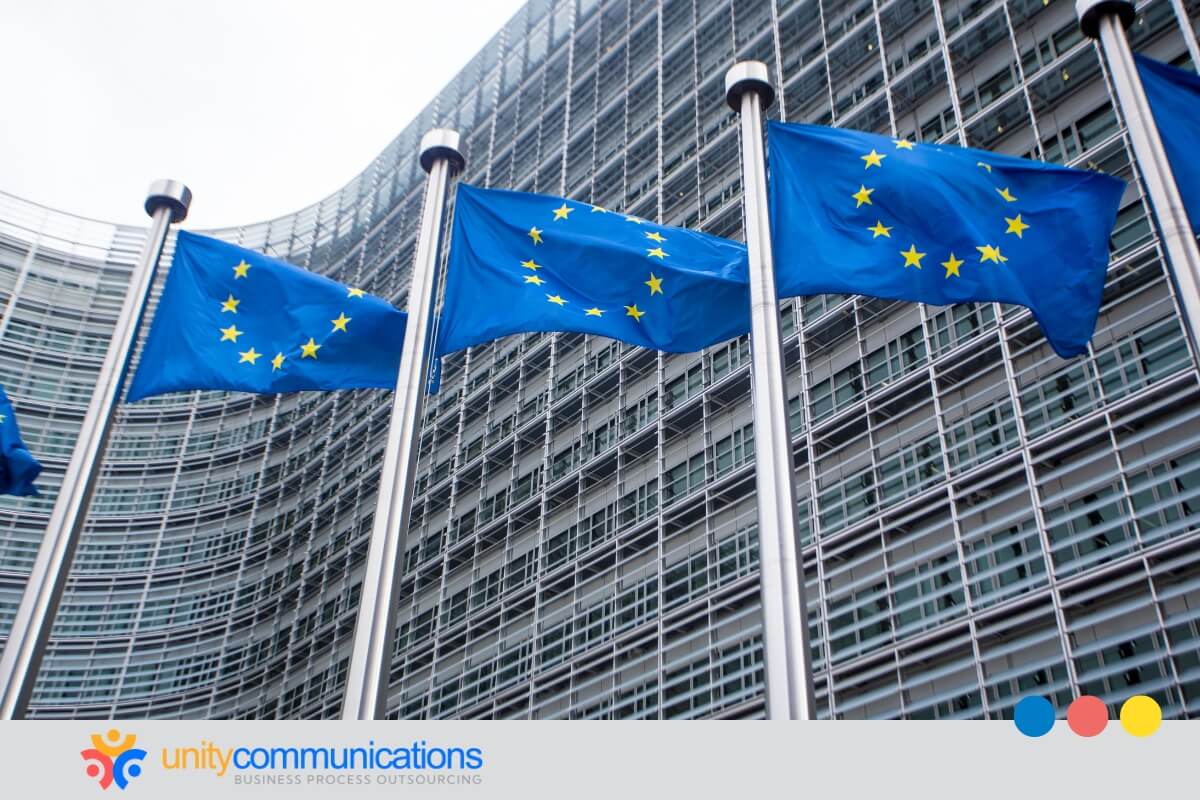The European Union Artificial Intelligence (EU AI) Act entered into force on August 1, 2024. As the world’s first comprehensive law on AI, the act aims to create better conditions for the development and use of AI technology.
The act classifies AI systems into four risk categories: unacceptable, high, limited, and minimal.
Systems under unacceptable risk will be banned, while those under high risk will receive the heaviest regulation among those allowed.
Limited-risk systems, such as generative AI, are mandated to be transparent about AI use. For instance, the large language model (LLM) ChatGPT isn’t high-risk but must comply with transparency requirements and EU copyright law.
Meanwhile, minimal-risk systems such as spam filters don’t have restrictions or mandatory obligations.
Full application of the AI Act will take effect 24 months after it enters into force. Some parts will take effect sooner, with the ban on unacceptable-risk systems, codes of practice, and rules on general-purpose AI activating in six, nine, and 12 months, respectively.
High-risk AI systems are given more time for compliance, extending to 36 months after the act enters into force.
What it means for BPO providers and clients
The AI Act will take full effect in two years, but organizations, such as business process outsourcing (BPO) providers and their clients, might still find the preparation time insufficient.
Nearly half (47%) of the experts at MIT Sloan Management Review disagree or strongly disagree that companies will be ready to meet the act’s requirements within 12 months.
OdiseIA CEO Richard Benjamins says that two years of preparation is the bare minimum, noting that many organizations will struggle to achieve compliance within the given timeframe.
Consequently, BPO companies and their clients across various industries now face heavy pressure to meet the act’s requirements.
Companies in the EU countries that are found non-compliant as the act takes full effect face hefty fines. These could go as high as 7% of the global annual turnover for violations of banned AI systems, up to 3% for violations of other obligations, and up to 1.5% for the act of giving false information.
Read more Unity Communications and BPO news on our main page.
AI Act Implementation: Timelines and Next Steps. (2024, February 28). EU Artificial Intelligence Act. Retrieved August 2, 2024, from https://artificialintelligenceact.eu/ai-act-implementation-next-steps/
European Parliament. (2023, August 6). EU AI Act: first regulation on artificial intelligence. Retrieved from https://www.europarl.europa.eu/topics/en/article/20230601STO93804/eu-ai-act-first-regulation-on-artificial-intelligence
Fuller, S., & Gorman, E. (2024, July 29). What Non-EU Companies Need to Know About the EU AI Act. Bloomberg Law. Retrieved from https://news.bloomberglaw.com/tax-management-international/what-non-eu-companies-need-to-know-about-the-eu-ai-act
Cankett, M., & Smith, R. (2024, July 18). The EU AI Act to enter into force on 1 August 2024. Deloitte. Retrieved from https://www.deloitte.com/uk/en/services/audit-assurance/blogs/2024/eu-ai-act-to-enter-into-force.html







